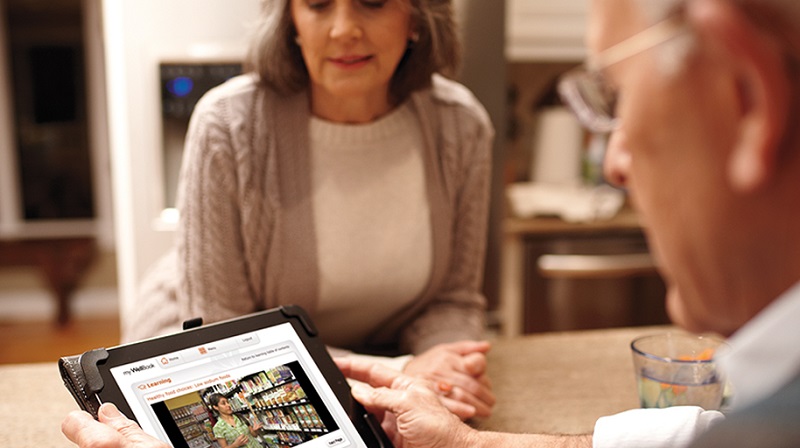- Advancing Care Coordination & Telehealth Deployment at Scale (ACT@Scale) Handbook now available to implement and grow population health management to improve patient care and reduce costs in an aging society
- Analysis from three-year telehealth deployment in the UK, the Netherlands, Germany, Denmark, and Spain delivers best-practice standards for deployment of digital care co-ordination at scale
Royal Philips has announced the results of a first-of-its-kind initiative exploring the organisational and structural processes needed to successfully implement care co-ordination and telehealth services at scale.
The company has published the results of its three-year Advancing Care Coordination & Telehealth Deployment at Scale (ACT@Scale) programme, which was carried out across six European regions.
The World Health Organization (WHO) has established the target goal of a 25% relative reduction in risk of premature mortality from cardiovascular diseases, cancer, diabetes, or chronic respiratory diseases by 2025 in Europe.
And connected care is viewed by many governments as essential to enable more-efficient, patient-centric, and continuous care for the aging EU population.
However, while many local connected care pilot programmes are successful, they fail to scale to their full potential.
ACT@Scale builds on the expertise and successful experiences of the ACT programme, leveraging tested collaborative methods and tools to implement improvements, and is fully aligned with the European Innovation Partnership on Active and Healthy Aging objectives to deploy integrated care for chronically-ill patients.

The research found that important factors in the success of schemes was citizen empowerment; stakeholder and change management; service selection; and sustainability and business models
The EU-sponsored project comprises 16 partners from eight EU countries, including 14 programmes in six regions co-ordinated by Philips.
“The ACT@Scale programme delivers a clear methodology for service quality improvement, with EU-wide evidence-based recommendations for co-ordinated care and telehealth deployment, and further demonstrates our commitment to help care providers and societies implement and scale innovative delivery models to support tens of thousands of elderly or people living with chronic conditions in different local settings,” said Carla Kriwet, chief business leader for connected care at Philips.
The ACT@Scale handbook contains a host of important recommendations to achieve change at scale and provides an impressive insight into some of the best successes in Europe in care co-ordination and telehealth to date that we can continue to leverage for future deployments
The ACT@Scale handbook contains recommendations to achieve change at scale, and spotlights examples of success. It also identifies best-in-class processes, structures, and ways of working across the six participating regions. And insights and recommendations can be used to build large-scale deployment across Europe and beyond.
“We cannot underestimate the efforts made by healthcare organisations in bringing about change in practice in healthcare,” said Professor Stan Newman of the University of London.
“Connected care is disruptive to many aspects of current healthcare practice and overcoming resistance to change and persuading healthcare professionals, patients and their families as well as managers and those who finance care is not an easy task.
Connected care is disruptive to many aspects of current healthcare practice and overcoming resistance to change and persuading healthcare professionals, patients and their families as well as managers and those who finance care is not an easy task
“The ACT@Scale handbook contains a host of important recommendations to achieve change at scale and provides an impressive insight into some of the best successes in Europe in care co-ordination and telehealth to date that we can continue to leverage for future deployments.”
Among the findings, four key areas were identified as most essential to scale-up and drive adoption of innovation across connected care and telehealth: Citizen empowerment; stakeholder and change management; service selection; and sustainability and business models.
Examples of success across key areas showcased in the findings include the My Diabetes My Way online self-management platform for patients in Scotland, which has reached a high level of patient activation, with 22,000 diabetes patients across the nation accessing their medical records online to manage their diabetes more effectively.




